Why am I writing about obesity, you may ask.
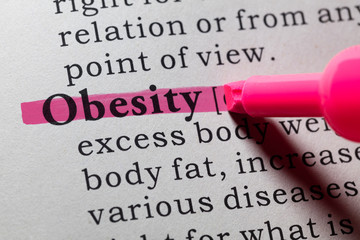
I was shocked the other day—absolutely blown away. According to a definition of obesity I discovered that I am obese. That is right. I could not believe it. Crazy, I said to myself. I know that I am a little overweight, but, heck, to say that I am obese. I cannot believe it. And, I am mad as hell to be even close to being categorized as obese.
I have a self-image of being “light on my feet,” very active and very athletic — something just a little bit short of nimble.
Author’s note. One of the great things about writing as opposed to speaking in front of an audience or a small group of “friends” is that, in writing, I don’t have to listen to or hear any of the catcalls, boos and derisive laughter.
Ok. Maybe my self-image is a little inflated, but heck, never ever have I thought of myself as obese. This moniker bothers the hell out of me.
Needless to say, my curiosity got the best of me, and I had to research what was going on.
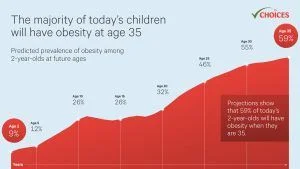
What has surprised me is that I am not alone. No, not by a long shot. In fact, 122 million Americans are obese – that is 51.1% of our adult (over 20 years of age) population according to the Centers for Disease Control and Prevention (CDC).
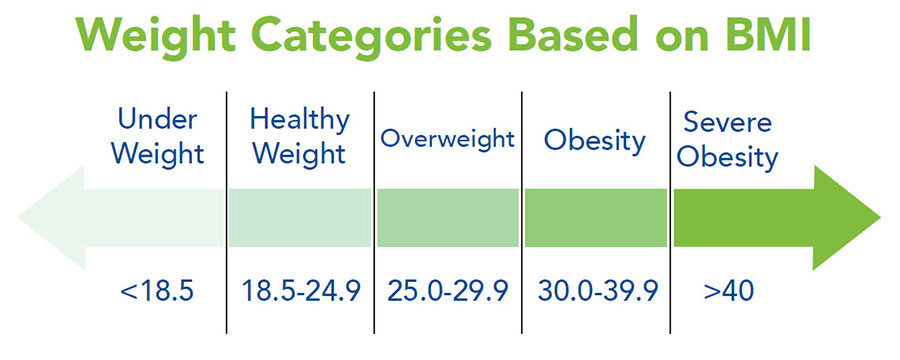
Weight is typically measured by the body mass index, or BMI, which correlates weight with height. Roughly speaking (and not accounting for differences between males and females), a “healthy” weight for a 5-foot-10-inch person is reckoned by the Centers for Disease Control and Prevention to be 128 to 173 pounds, which translates to a BMI of between 18.4 and 24.9.

Between 173 and 208 pounds places that person in the “overweight” category and heavier than that is judged to be “obese,” defined as a BMI of 30 or higher. Those with a BMI of 40 or higher, or 278 pounds for a 5-foot-10 adult, are “severely obese.”

America has been getting more obese over time, according to the CDC. In 1960 13.4% of adults were obese and 0.9% severely obese; by 2017, about 42.8% of adults were obese and 9.6% severely obese. More than 50% of Americans are obese!
The comparison with other western industrialized nations is striking. If you travel in Europe, for example, the difference in the girth of Americans compared to say the French is very noticeable. In the ranking of the most obese countries in the world the US ranks 10th, while France ranks 143rd.
Some may ask — so what? Why should anyone care whether we have a few extra – ok, a lot of extra pounds. What are the implications of 50+% of the American populace being obese.
There are three reasons why we should be very concerned about obesity in our country.
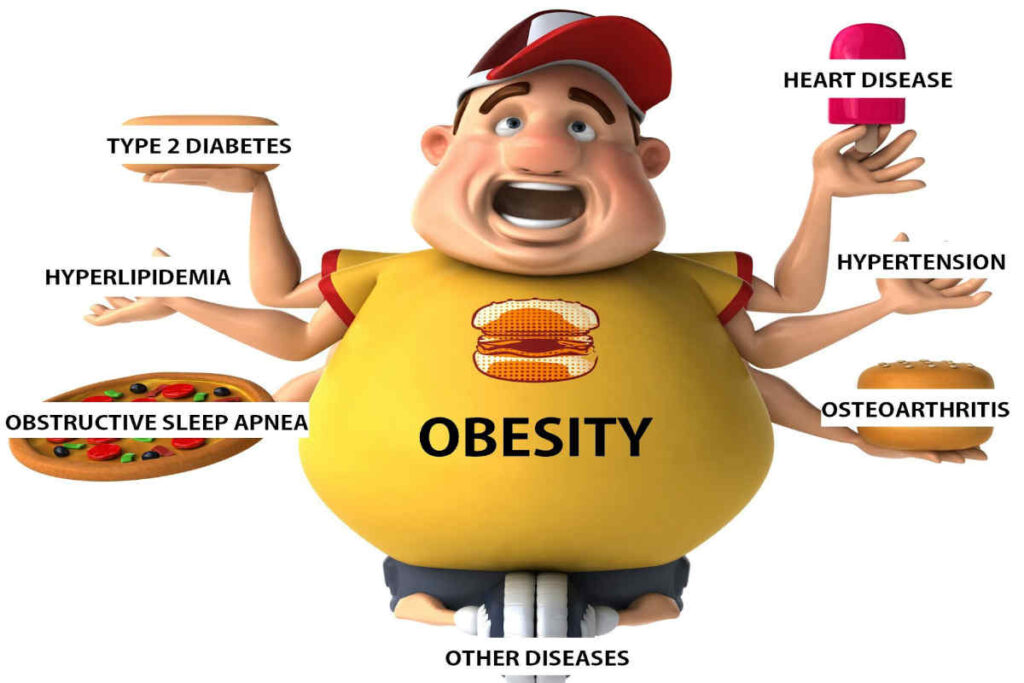
The first and most important reason is our health. Obesity leads to:
- Cardiovascular Diseases: Obesity significantly increases the risk of heart disease, stroke, and high blood pressure. The excess fat, particularly around the abdomen, can lead to the buildup of plaque in the arteries, leading to atherosclerosis, which is a major cause of heart attacks and strokes.
- Type 2 Diabetes: Obesity is the leading risk factor for type 2 diabetes. The excess fat in the body causes cells to become resistant to insulin, leading to high blood sugar levels. This can result in severe complications like kidney damage, nerve damage, and vision problems.
- Respiratory Issues: Obesity can lead to sleep apnea, a condition where breathing repeatedly stops and starts during sleep. It also contributes to other respiratory problems like asthma and shortness of breath.
- Joint and Mobility Problems: Carrying excess weight puts additional stress on the joints, especially the knees and hips, leading to conditions like osteoarthritis. This can severely impact mobility and quality of life.
- Cancer: Obesity is associated with an increased risk of several types of cancer, including breast, colon, endometrial, and pancreatic cancer. The exact mechanisms are complex, involving inflammation, insulin resistance, and hormone imbalances.
- Mental Health: Obesity is linked to various mental health issues, including depression and anxiety. The societal stigma associated with obesity can lead to low self-esteem and social isolation, further exacerbating mental health challenges.
- Liver Disease: Non-alcoholic fatty liver disease (NAFLD) is a common condition in obese individuals. It can progress to more severe liver conditions, including cirrhosis and liver cancer.
- Metabolic Syndrome: This is a cluster of conditions, including high blood pressure, high blood sugar, excess body fat around the waist, and abnormal cholesterol levels, that occur together, increasing the risk of heart disease, stroke, and diabetes.
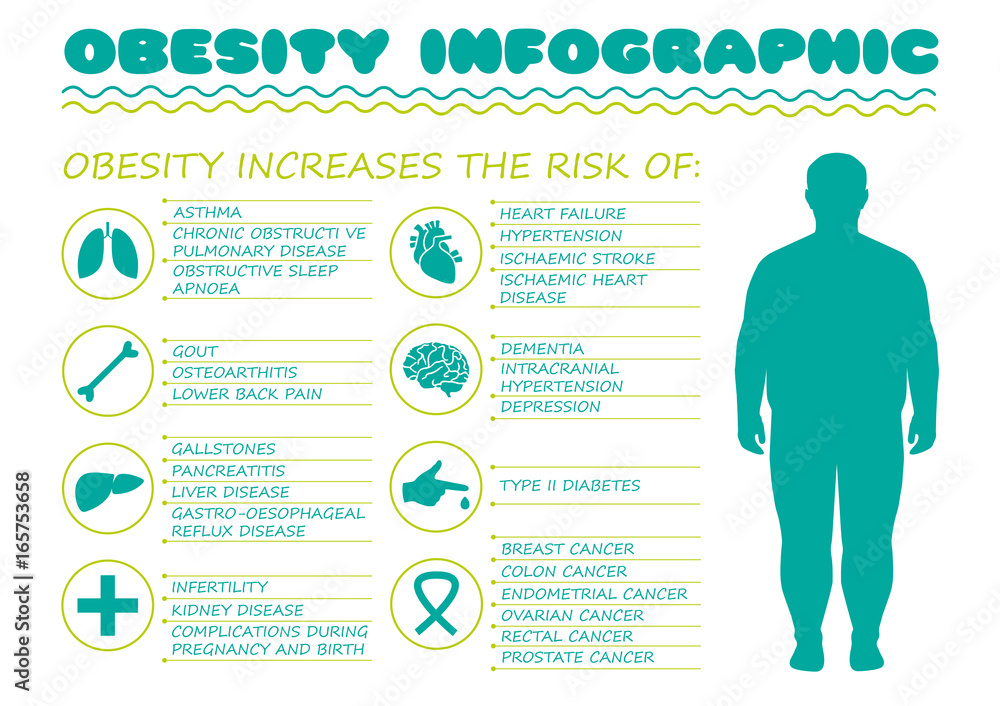
The second reason we should be concerned about obesity is financial.
Current Costs:
- Annual Healthcare Costs: Obesity-related healthcare costs in the U.S. are estimated to be around $147 billion to $210 billion annually. These costs include direct medical expenses such as hospital care, prescription drugs, and outpatient services.
- Increased Spending per Person: On average, an obese individual incurs $1,429 to $2,741 more in annual medical costs than a person of normal weight. This difference is due to the higher prevalence of obesity-related conditions like diabetes, cardiovascular diseases, and joint disorders.
Future Costs:
- Projected Increase: If obesity rates continue to rise, the cost burden on the healthcare system is expected to grow significantly. By 2030, it’s estimated that obesity-related medical costs could increase by an additional $48 billion to $66 billion per year.
- Long-Term Economic Impact: Beyond direct medical costs, obesity also leads to indirect costs, such as lost productivity, absenteeism, and disability. These factors contribute to an even higher economic burden, which could potentially reach trillions of dollars over the coming decades if obesity trends are not reversed.
As if these two reasons were not enough, there is one more reason why we should be concerned about our current state of obesity. And this will, I think, surprise you. At least, when I found out about it, it surprised me.
Obesity has huge implications for our national defense and our ability to staff the military effectively.

Each year, the U.S. military recruits approximately 150,000 to 180,000 new active-duty personnel across all branches (Army, Navy, Air Force, Marine Corps, Space Force, and Coast Guard).
Of those who apply to join the military, only about 25% of young Americans aged 17-24 are eligible to serve. Obesity was the largest single disqualifying factor for military recruits.
The high rejection rates due to obesity and other health-related issues are concerning, especially as the military relies on a fit and ready force. The rising rates of obesity in the general population could lead to recruitment challenges in the future, potentially impacting national security if fewer individuals are eligible to serve. Last year, for example, the U.S. Army fell 25% below its recruitment goals.
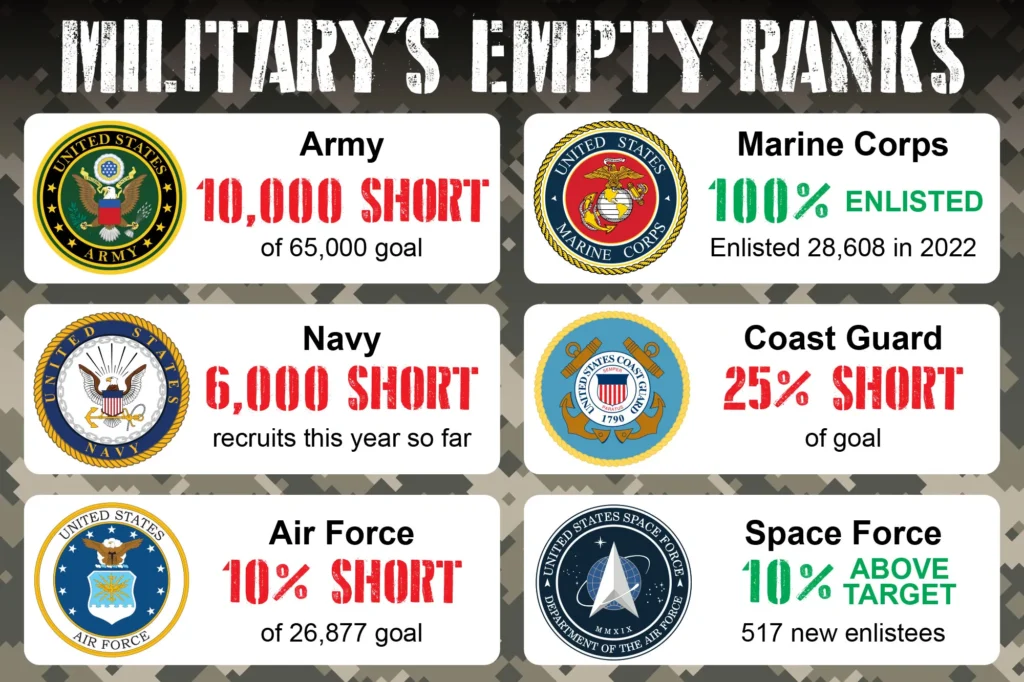
Our national defense depends on getting rid of obesity in our country.
Bottom line. For three reasons:
- One, our health
- Two, our financial picture
- Three, our national defense
We need to do something about obesity. And we need to do it now.
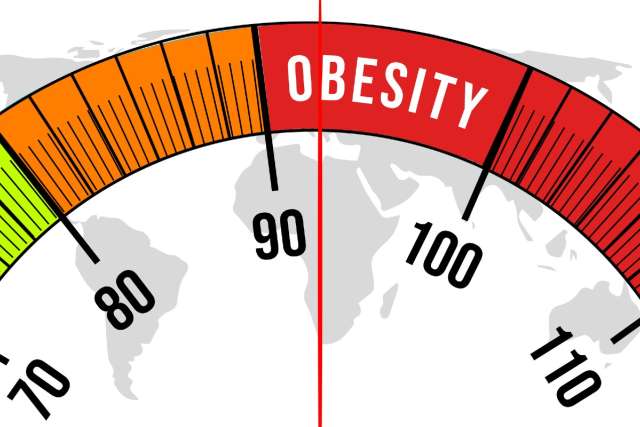
This has been a well known fact for years. People sitting around collecting government cash rather than actively working has it’s consequences. The advent of video games replacing tag, fox and the goose and real recreation is also blameworthy. Renaming addictive drugs as “recreational” has also done a ton of harm. Recreation is not sitting around snorting powder, injecting chemicals or smoking s**t! Recreation used to mean roller skating, bowling, skiing etc. School lunches, which mainly consisting of processed food and empty calories replacing lunches lovingly packed by mothers has also become de rigueur! This will not change as too much effort is being spent deciding which washroom to use and what pronoun de jour is a propos!
Neil don’t let a marginal amount of excess weight bother you! You are light on your feet, at least you are certainly not light in the loafers!
Neil, The large food corporations who food process ad nauseam, and get lots of gov’t grants, I’m sure, as well as the powers that be take their money donations to keep them in business, is the biggest part of this problem. Have you noticed in the cereal aisle-there is no real grains to eat, its all boxed, expensive, and a waste of packaging-IF we want to save the planet, we should start there. I search the aisles for healthy food, yet few items are hard to find. I end up going sometimes to 5 grocery stores to find what I want or need. Its a full time job. Who has time to work??? All the chemicals additives, etc. is not pretty. The rest of the time is spent checking labels. I won’t buy anything from China in the way of food for who knows what it is grown in?? Its a battle I am afraid we are losing. The corporations are greedy, their CEO’s get paid handsomely while the rest of the population “has nothing to eat”. It would be interesting for you to do some research on those exact large companies contributing to our population’s early demise because , yes, we need to do something NOW. Our children and grandchildren do not deserve to live in poor health , yet with 2 parents needing to go to work just to get by these days, costs rising everywhere, fast food cooking , and unhealthy choices is what most seem to be doing. Supplements and fake food do not cut it for me-the health food stores sell burgers that is likely made from processed baby food and hardened somehow. I’d rather eat a plain burger, would’t you. I have tried the fake burgers, and a couple other things, and get indigestion, and just thinking about this gives me indigestion.